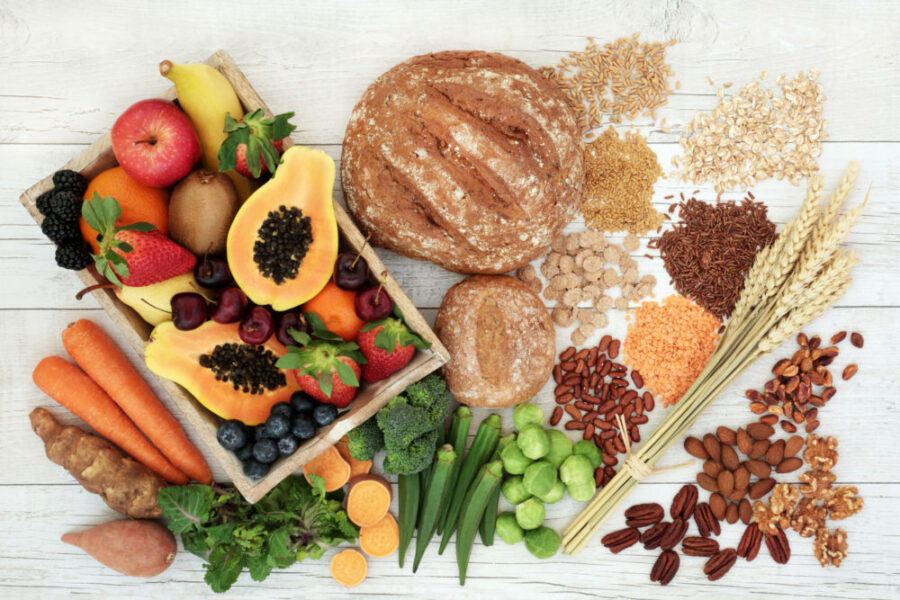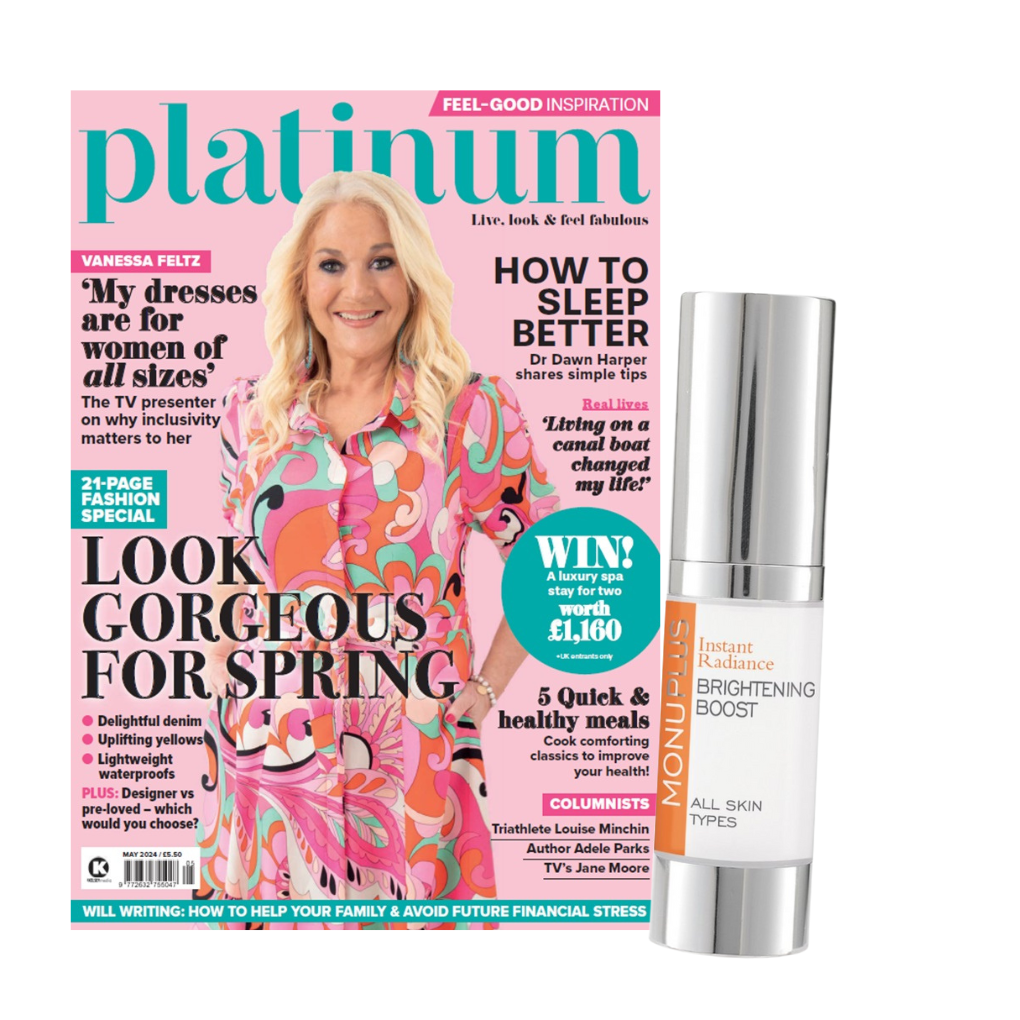Get the right vitamins, antioxidants and omega-3 fatty acids into your meals with Dr Johanna Seddon’s nutritional advice.
A higher intake of vitamins D and B will help reduce your risk of developing advanced stages of age-related eye disease. Eat fish twice a week and use fruit, leafy vegetables, nuts, legumes and grains to create meals that are nutritious and tasty.

Soon you’ll discover what you really enjoy and won’t think twice about making sure the food you’re eating is right for your sight.
The author of Eat Right For Your Sight and director of Tufts University’s Medical Centre, Dr Seddon has published 15 papers on her discoveries in the treatment of Age Related Macular Degeneration (MAD). She explains the nutrients youneed to help prevent disease.
Glaucoma
This is a very common condition that causes increased pressure within the eyeball, causing gradual loss of sight.
Vitamin A protects the optic nerve by transporting essential nutrients from your liver to cornea. Carrots, peaches and mature cheeses maintain healthy levels and encourage movement between organs. Vegan? Use peppers and butternut squash instead of cheese.

Cataracts
Cataracts are when the lens of your eye develops cloudy patches. Over time, these patches usually become bigger causing blurry, misty vision and eventually blindness.
10mg lutein and 2mg zeaxanthin per day helps reduce the risk of cataracts by creating a filter that protects the retina from harsh light. Wilted spinach is high in lutein while salmon, eggs and broccoli are rich in zeaxanthin — the perfect ingredients for an eye-healthy dinner.

AMD
Age Related Macular Degeneration is degenerative condition only found in adults over the age of 50.
Eat your NHS-recommended 7mg of zinc in five oysters, or a fillet of pork. For plant-based diets, the Office of Dietary Supplements recommends kidney beans, chickpeas and garden peas.

Dry eye disease
Eat one salmon fillet served with 100g of turnip tops and Swiss chard to provide your daily recommendation of omega 3 — a fatty acid that keeps eyes lubricated.
Explore our health pages to find out what herbal and nutritional remedies you can take to lessen the blow of the flu season.









